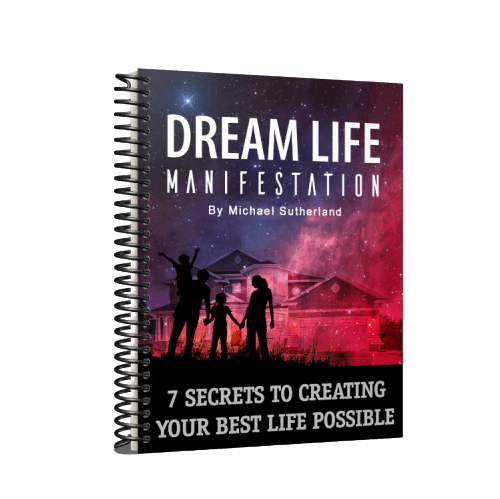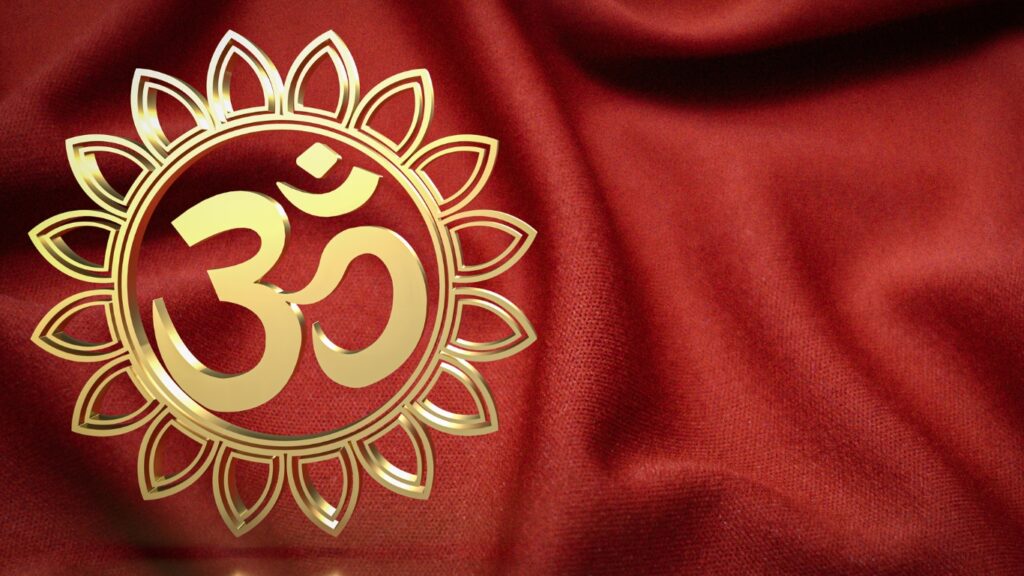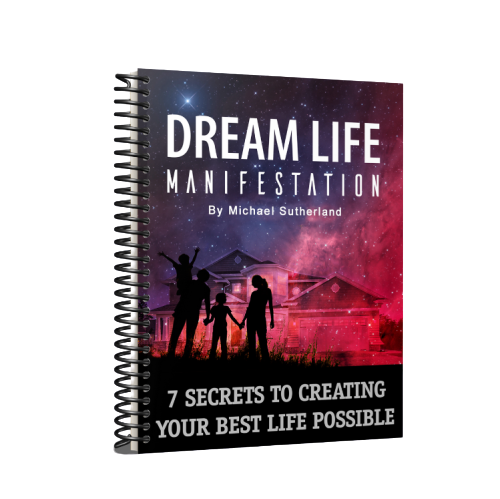Meditation has been widely acclaimed globally because of its effectiveness and benefits. Meditation is a holistic activity of the body and has been practiced and done subconsciously and consciously since ancient times. In the different generations and practices, there have been different phases and activities done in meditation as this works differently for each individual. Hence, a type of meditation called Transcendental Meditation involves silently repeating a mantra, closing the eyes, and resting the body in a comfortable sitting position.
It has been practiced by people since its discovery in India during the 1950s. This meditation technique is effective for mental, physical, and psychological stress reduction when done for twenty minutes twice a day. Moreover, alongside its proven outcome to relieve stress, the side effect of the activity is said to improve spirituality through spiritual growth and “transcending” one’s understanding to another higher level. TM is practiced for promoting the condition of one’s well-being as its effects in lowering stress levels, providing mental clarity, and eliminating anxiety can lower blood pressure, reduce the risks of heart disease, and improve cognitive function.
Nonetheless, with all the stressors and inevitable anxiety-inducing activities in the modern world, people in the new millennium believe that the yogic practices of Transcendental Meditation are the best solution.
How Transcendental Meditation Works
It is called transcendental meditation because the spirit and soul are objected to transcend into an enlightened and directed nature. TM is a necessity for one’s well-being because it is considered to be a spiritual rest to recharge one’s beliefs and enlightenment. But TM cannot be considered a religion or a ceremony. Transcendental meditation can be a regular practice to maintain one’s worldly confusions, questions, and restlessness that cannot be treated with any herbal or medical solutions. Nonetheless, a god or a deity is not involved in this activity.
The expected results of TM are related to a divine connection in which a soul is aligned to its cosmic equivalence and organizes an individual’s emotions and thinking to the rightful path. The rightful path or the “enlightenment” guides the person to the answers and solutions to his questions, confusions, and concerns because his spirit is calmed and settled. This meditation exactly directs the spirit to a state where it knows where to go and what to do in its own cosmic and divine aspects that humans could not be able to discern.
How to Practice Transcendental Meditation
In this meditation, the inner states (mind, heart, thoughts, and emotions) of one’s being is settled in silent and resting settings. Meanwhile, the outer perplexities of the body are set in dynamic and alert sensations such as constant but soft breathing, focusing on staying still, feeling the senses, and reciting a mantra. By using a customized mantra, which is a sound or a word without any intrinsic meaning or a phrase that changes one’s subconscious positively is essential to the efficacy of this meditation technique.

Through reciting a mantra, the body shifts its entire energy and leads the senses to concentration which also stops the mind from thinking and the heart from feeling emotions. Meanwhile, soft and deep breathing is another factor that lets one steadily detach from the current perceptions. As the body focuses on breathing, the heart and mind rest from the negative energies felt by the body which causes imbalance and an erroneous state.
This method is deemed by its proponent to enable one to transcend cognition and attain a state of profound relaxation and enhanced positive awareness toward the natural and unimpaired state of being. Hence, the ultimate goal of this meditation technique is to pause and stop stirring the distribution of one’s inner issues to gain clarity and peace of mind.
Is Transcendental Meditation a Religion?
Transcendental Meditation may have roots originating from Hinduism, but it generally cannot be considered a religion. It does not require or advocate any religious beliefs or practices. Though it may be a helpful practice to improve one’s spirituality, there is no restricted doctrine to believe in. It is mainly a secular technique that can be practiced by people of any religion or no religion at all.
To conclude, transcendental meditation is a type of meditation that places an emphasis on calming the body in order for the soul’s cognitive ability to function more through aligning with the divine nature. The teachings of transcendental meditation are the awakening of one’s divine state of consciousness. It unites the individual with the divine source of existence and produces a feeling of love, serenity, fulfillment, and cosmic guidance.
In this procedure, the silence of the body lets an individual sense the conditions of his spirit and soul. This is brought by listening closely to shift its belief and dynamism in order to reach a state of consciousness that is higher than the ordinary waking.
DISCLOSURE: THIS POST MAY CONTAIN AFFILIATE LINKS. MEANING I GET A COMMISSION IF YOU PURCHASE THROUGH MY LINKS, AT NO COST TO YOU. READ MY DISCLOSURE FOR MORE INFO.









0 Comments